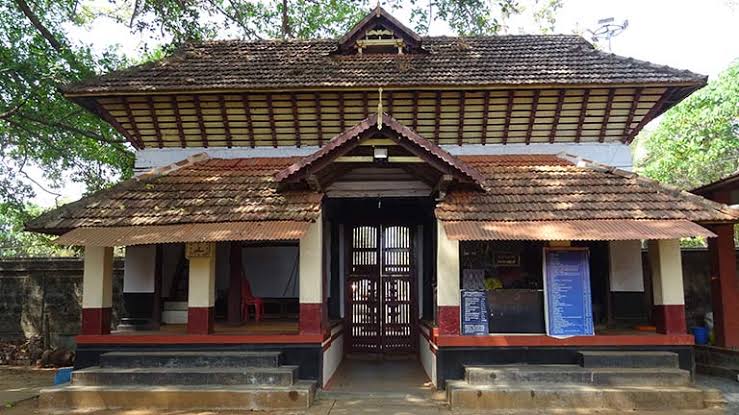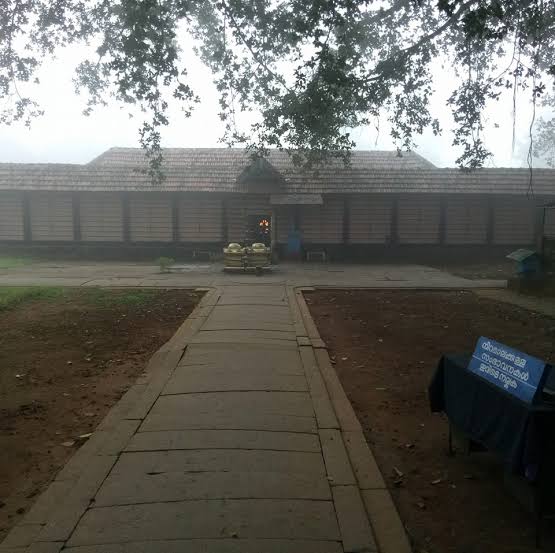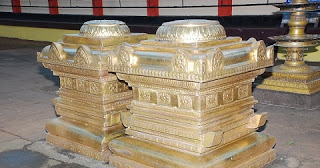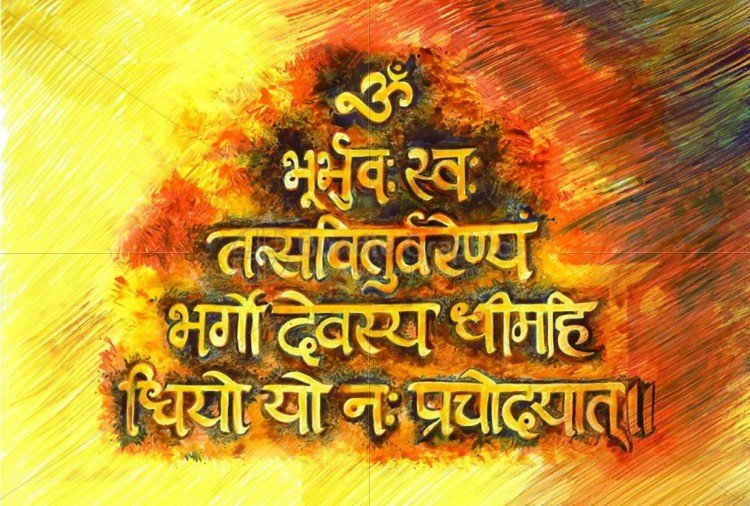Which he didn't.
How the Future of India and USA, was determined by the inability of the Austrian Kings Joseph I and Charles VI, to produce male heirs..
When Joseph 1, died of smallpox in 1711, he had two daughters but no son. As a result, his brother Charles VI, succeeded him on the throne
Which he didn't.
Which was pretty sad for thhe daughters of his elder brother, Joseph, who he disinherited
Things came to head in 1740, when Charles VI died and Maria Theresa became the Empress of Austria.
Britain, Dutch and Russia, sided with Maria Theresa.
This resulted in an 8 year war called the war of Austrian Succession, in which 3,00,000 died
This is where Things begin to get interesting.
The country was India.
First they started supporting local rulers against each other.
Then they dropped their pretence.
Unfortunately for the French, they were annihilated.
British captured their Capital Pondicherry and Chandranagar in Bengal and French were effectively booted out of India.
That opportunity came in 1777. In the United States of America.
French went all in on that one. So much so, that 75% of the US army's gunpowder, was French.
As a result, British went thru a humiliating surrender in Yorktown, and America was born.
Which made the British double down, in their other colony, India.
More from World
I'll bite, Mr. Gray. We can even play by your rather finicky rules.
Let's begin with some of the things you have said about Xinjiang, notably absent from your more recent media appearances, but still present in your blog about your 2014 biking trip.
The following is taken from an ongoing list I keep of people who have been to Xinjiang and written/spoken about their experiences. It is separate from the testimony of detainees and their relatives I also keep. Jerry is on this
Jerry, your article for CGTN, as well as your various Medium pieces, belabor themselves to emphasize the smoothness of your time in Xinjiang. Why did you leave out so many details from your log of your 2014 trip? They seem relevant.
For example, would CGTN not let you speak about Shanshan, the town that evidently disturbed you so much?

Why, pray tell, after noting how kind and hospitable Xinjiang police were to you in 2019 for CGTN—and how you were never told where you could or could not go—would you omit these details?

Let's begin with some of the things you have said about Xinjiang, notably absent from your more recent media appearances, but still present in your blog about your 2014 biking trip.
Prove it...
— Jerry's China (@Jerry_grey2002) December 30, 2020
Without quoting Adrian Zenz who's never been there or exiles and criminals who seek asylum or cash for their stories or perhaps some satellite images of shopping centres and factories with fencelines.
You can't show any evidence that this is true https://t.co/wiozJIjusH
The following is taken from an ongoing list I keep of people who have been to Xinjiang and written/spoken about their experiences. It is separate from the testimony of detainees and their relatives I also keep. Jerry is on this
Jerry, your article for CGTN, as well as your various Medium pieces, belabor themselves to emphasize the smoothness of your time in Xinjiang. Why did you leave out so many details from your log of your 2014 trip? They seem relevant.
For example, would CGTN not let you speak about Shanshan, the town that evidently disturbed you so much?

Why, pray tell, after noting how kind and hospitable Xinjiang police were to you in 2019 for CGTN—and how you were never told where you could or could not go—would you omit these details?































